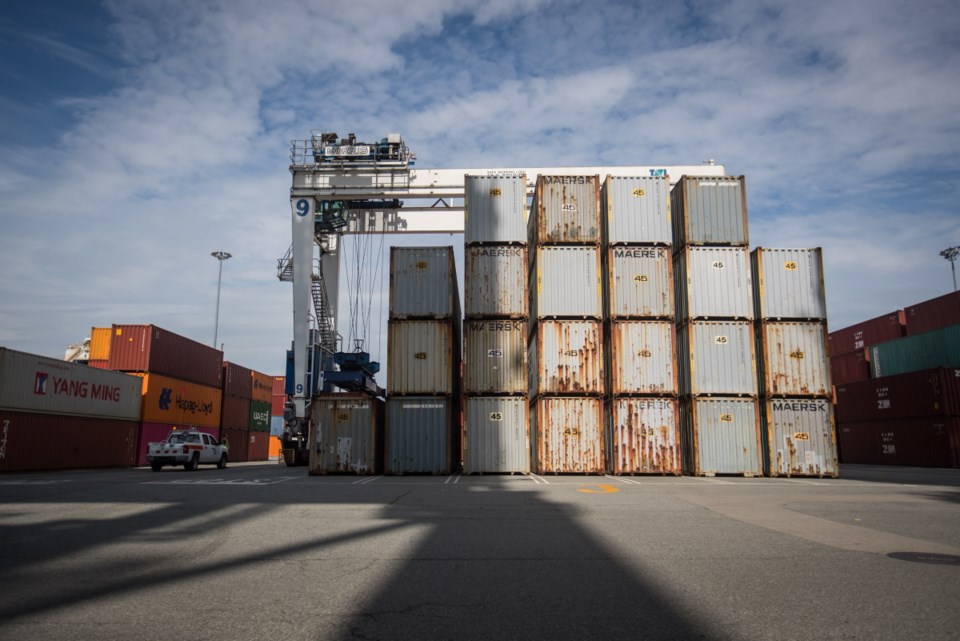Ships carrying Canada’s embarrassment sailed past Victoria three times in the past decade. Two went west several years ago, carrying loads for recycling, or so everyone was told. One brought it all back last weekend, taking it to the Roberts Bank Superport just north of the Tsawwassen ferry terminal.
Now, the contents of those 69 shipping containers is being burned in Burnaby and converted into energy.
The financial cost of this exercise can be calculated: About $1.5 million. The cost to Canada’s reputation is hard to estimate, but it’s high. Maybe this will be the wakeup call that we need; maybe this will finally teach us to take responsibility for what we use. Maybe.
There are questions about what is really in those shipping containers; the now-defunct company that sent them to the Philippines in 2013, Chronic Inc., said that they contained goods for recycling. The government in Manila disagreed, saying the containers had garbage, including used adult diapers. Chronic said that wasn’t true. The government of the Philippines said it was true, and insisted that Canada take back the containers.
The Philippine ambassador and consuls general were recalled from Canada as the dispute escalated. It is understandable that the Philippine government would be upset, since it appeared that a developed country was dumping its waste on a developing one. Not the right thing to do — assuming, of course, that the Canadian company had indeed filled the containers with garbage.
The amount of material contained is not a big deal. The containers had about 1,500 tonnes of recycling, garbage, or whatever, and the Burnaby processing plant deals with about 260,000 tonnes a year. The containers that crossed the Pacific a couple of times amount to little more than a rounding error.
But that does not mean we should laugh off this international incident. It should instead force all of us to consider what happens to the items we toss into the trash or into the blue recycling boxes.
We already know that much of what we recycle is being shipped overseas for processing and reuse. Developing countries need raw material, and our recycling provides it. What we recycle might come back to us a few months later as an entirely new product.
Why can’t we deal with our own recycling? There is not the same demand for the raw material; wages are higher here, which makes processing too expensive; and besides, we have such a labour shortage that the plastics, papers and so on would simply pile up.
Why can’t we deal with our own garbage? Greater Victoria is hardly the worst example; consider that for years, Vancouver sent its trash to Cache Creek for burial, and since that contract expired, Vancouver’s trash is being shipped to Washington state and Oregon.
While governments talk about a climate emergency, they are shipping waste hither and yon. From an environmental perspective, it makes no sense. We are burning fossil fuels because we cannot live within our means; our lives depend on dumping our recycling and waste on others.
That is not sustainable. For years, what has been out of sight has been out of mind. That needs to change if we are to believe that we have advanced beyond Victoria’s traditional system of garbage disposal. (Load it on a barge, take it past Ogden Point, dump it in the water, return.)
The much-publicized load of shipping containers that arrived at Roberts Bank a few days ago should not be seen as the biggest problem in the Philippines or in Canada, despite the near-hysteria we witnessed.
It is, however, equivalent to a canary in a coal mine — a warning that we need to change our ways, and soon.



